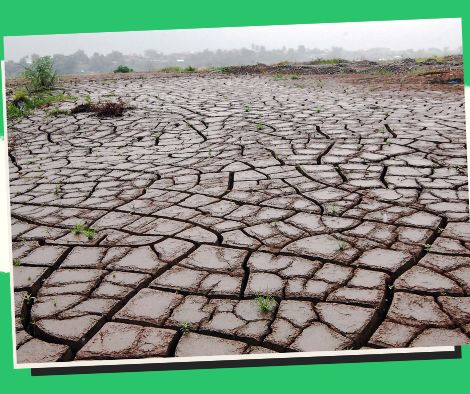
To prepare for illness outbreaks during El Nino, DOH is advised.
A senator warned that the upcoming El Nino season might be a “hotbed for epidemics,” urging the Department of Health (DOH) to strengthen its preparedness to handle diseases like cholera, chikungunya, and the Zika virus that generally appear during the hot season.
Tropical diseases can be an issue, according to Albay Representative Joey Salceda, who cited international research showing an increase in cases of between 2.5 percent and 28 percent during El Nino events.
“El Nino and La Nina can make extreme weather events more likely in certain areas of the country. It could intensify droughts, floods, and storms. So, aside from usual damage due to natural disasters, let us expect diseases related to these hazards,” he said. “Climate is warmer than usual, and people have less water available.
Salceda suggested that the government focus on modifications by requiring local governments to clean up and the DOH to handle coordination and strict supervision.
The models show us when, how long, and how awful it could be, so we can roughly predict what will happen, he claimed.
To ensure that “this doesn’t get buried in bureaucratic gobbledygook,” Salceda claimed that the establishment of a full-time, specialized team for disease control and prevention would be beneficial.
He expressed hope that the Centers for Disease Control and Prevention (CDC) bill will be approved by the Senate when the session reconvenes on May 8.
El Nino might endure until 2024, therefore the CDC would unquestionably strengthen our preparedness institutionally, he continued.
The legislation is anticipated to be ready for President Ferdinand Marcos Jr. to sign before he delivers his second State of the Nation Address because the Senate version has been recognized as urgent.
According to the proposal, the Research Institute for Tropical Medicine will “be part of a broader ecosystem of disease prevention so it will no longer operate in a vacuum,” he stated.
Although the House version is more clear about procedures for the quick detection of such diseases rather than a lack of institutional emphasis by encompassing all diseases, he claimed that both the Senate and the approved House versions are focused on “emerging or re-emerging infectious diseases.”
“The unique powers are also more extensive and applicable. So, in terms of responding to health emergencies, I believe both the Senate and House versions have already passed,” he continued.
Save/Share this story with QR CODE
Disclaimer
This article is for informational purposes only and does not constitute endorsement of any specific technologies or methodologies and financial advice or endorsement of any specific products or services.
 Need to get in touch?
Need to get in touch?

We appreciate your reading. 
1.) 

Your DONATION will be used to fund and maintain NEXTGENDAY.com
Subscribers in the Philippines can make donations to mobile number 0917 906 3081, thru GCash.
3.) 
4.) 
AFFILIATE PARTNERS

World Class Nutritional Supplements - Buy Highest Quality Products, Purest Most Healthy Ingredients, Direct to your Door! Up to 90% OFF.
Join LiveGood Today - A company created to satisfy the world's most demanding leaders and entrepreneurs, with the best compensation plan today.

 Business, Finance & Technology
Business, Finance & Technology






